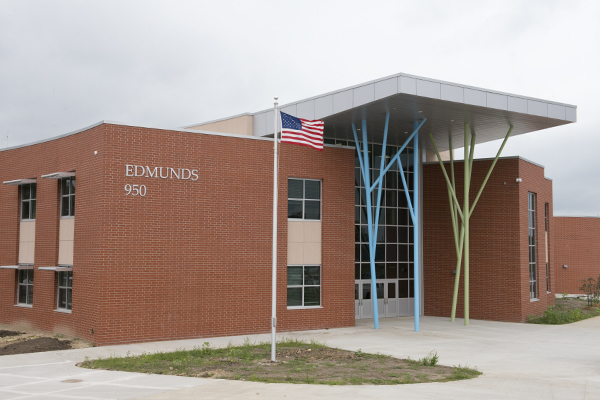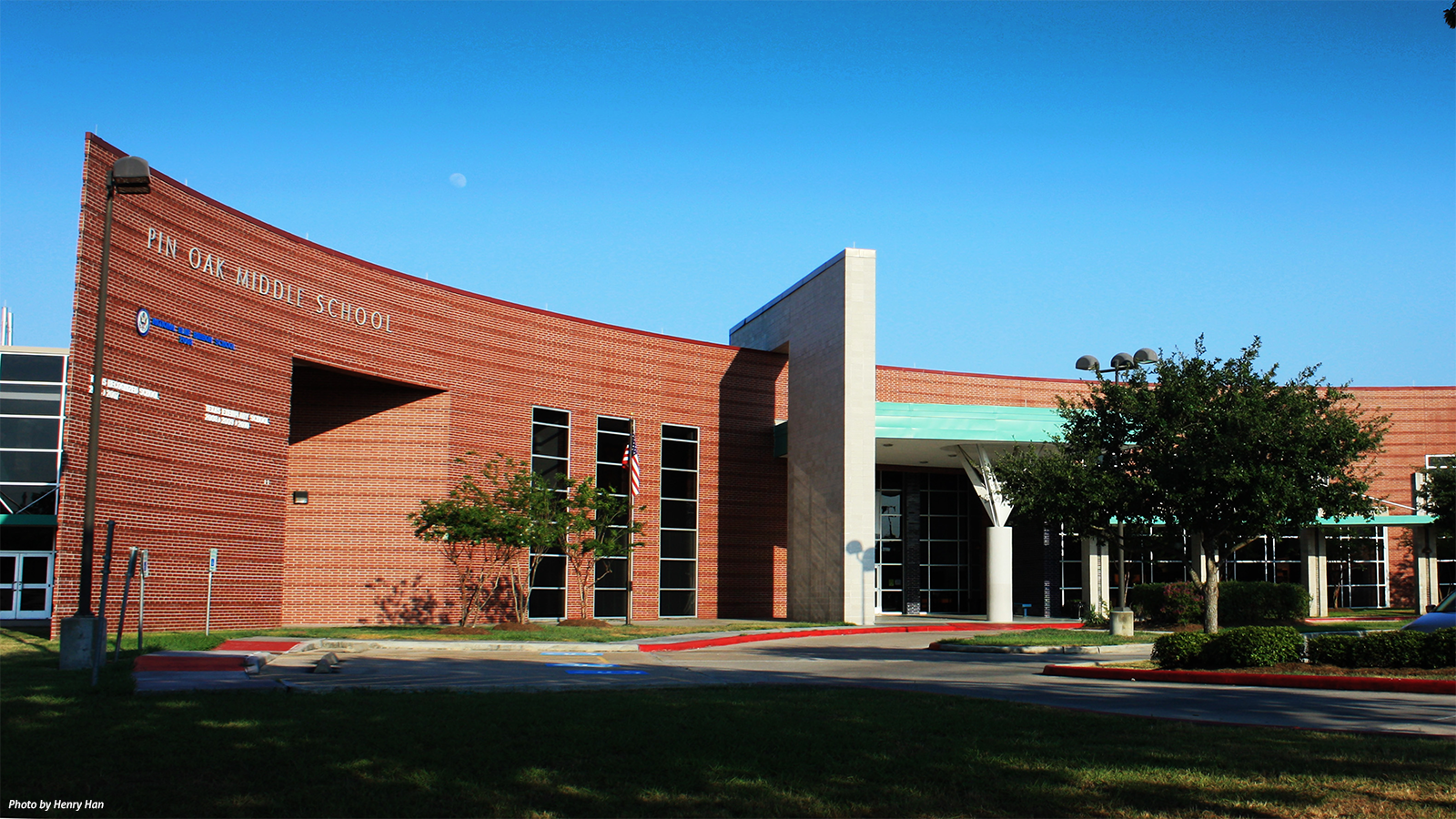Fundraising Concepts to Conserve Temecula Schools and Programs
Fundraising Concepts to Conserve Temecula Schools and Programs
Blog Article
The Influence of College Environments on Academic Success and Personal Health
The college setting dramatically affects both scholastic success and personal well-being, encompassing components such as physical layout, classroom ambience, and social dynamics. The style of educational spaces, including all-natural illumination and ergonomic furniture, can boost pupils' focus and convenience. Moreover, the high quality of teacher-student connections and the nature of peer communications play pivotal duties in cultivating an ambience for finding out and psychological assistance. Understanding just how these numerous aspects interplay to form student end results increases crucial concerns about enhancing educational settings for holistic advancement. Just how can institutions purposefully improve these elements to much better sustain their students?
Physical Layout and Layout
Just how does the physical format and design of a school influence scholastic success? The setup and aesthetic of an institution atmosphere can substantially influence pupils' knowing results.
All-natural lighting and effective air flow systems are critical in improving cognitive function and decreasing absenteeism. Researches have shown that class with enough all-natural light improve student concentration and reduce feelings of drowsiness. Ergonomic furnishings tailored to pupils' requirements can protect against physical pain, allowing for extended focus and engagement in scholastic tasks.
Access to outside spaces and cosmetically pleasing environments also play an essential role - Save Temecula Schools. Eco-friendly spaces and well-maintained college premises give opportunities for workout and psychological relaxation, both of which are crucial for preserving high degrees of scholastic efficiency. Essentially, a thoughtfully designed physical atmosphere can work as a driver for scholastic quality, cultivating an ambience that sustains both training and understanding
Class Atmosphere
A positive classroom environment is basic to accomplishing scholastic success. An atmosphere that fosters a sense of security, inclusivity, and common respect urges students to involve even more proactively in their learning processes. The ambiance of a class, including facets such as lights, sound levels, and seating setups, can significantly affect pupil concentration and motivation. A well-ventilated, well-lit classroom with very little diversions can improve cognitive feature and lower tension, therefore promoting better scholastic end results.
Furthermore, the classroom atmosphere ought to support a society of cooperation and open interaction. They are a lot more likely to involve deeply with the material and develop important thinking skills when pupils really feel comfy revealing their ideas and asking questions. Peer communications and group activities can boost discovering by fostering and giving diverse perspectives team effort
Furthermore, developing regular routines and clear assumptions can develop a structured setting that permits students to concentrate on their researches. By reducing unpredictability and supplying a predictable structure, trainees can much better manage their time and duties. Eventually, a favorable class ambience not just boosts academic performance however additionally contributes to the general health of pupils, preparing them for future academic and individual ventures.
Teacher-Student Relationships
Structure on the relevance of a positive class ambience, the partnerships in between instructors and trainees play a critical function in shaping scholastic success. A healthy teacher-student connection promotes a learning environment where students really feel valued, comprehended, and supported, which substantially improves their inspiration and involvement. When pupils view their teachers as understanding and friendly, they are extra most likely to participate actively in class and look navigate to these guys for assistance when required, adding to a much deeper understanding of the subject issue.

Efficient communication is essential to nurturing these connections. Educators who employ open, considerate, and regular interaction produce a foundation of trust. This trust fund makes it possible for students to share their worries and concepts freely, fostering a collaborative understanding atmosphere. Basically, solid teacher-student relationships are a foundation of educational success, playing an important duty in both scholastic success and personal growth.
Peer Communications
Peer communications considerably influence academic success by shaping a trainee's social and cognitive growth. Positive peer communications can enhance a pupil's motivation and engagement in academic tasks through collective knowing and shared support.

Reliable peer interactions likewise contribute to the advancement of vital life skills, such as cooperation, conflict, and interaction resolution. These social competencies are vital for both academic success and personal health, emphasizing the relevance of cultivating favorable peer dynamics within the institution atmosphere.
Extracurricular Activities
Participating in after-school activities plays an essential function Recommended Site in a pupil's scholastic success and individual advancement. These tasks, varying from sporting activities groups to debate clubs, use pupils chances to sharpen beneficial skills such as management, time monitoring, and teamwork. Study consistently indicates that trainees that take part in after-school activities often tend to achieve greater scholastic efficiency. This connection is typically attributed to the structured environment and the technique called for to stabilize both extracurricular and scholastic dedications.
In addition, extracurricular involvement cultivates a sense of belonging and area, Our site which is important for personal wellness. Taking part in group tasks allows pupils to construct and strengthen social media networks, enhancing their social and psychological intelligence. These interactions are critical for developing social abilities that are advantageous in both academic and future expert atmospheres.
Additionally, extracurricular tasks offer a positive outlet for students to explore their passions and enthusiasms beyond the typical educational program. This exploration can cause the exploration of new abilities and prospective career paths, additionally encouraging students to engage even more deeply in their scholastic job. In conclusion, the function of after-school activities prolongs beyond simple recreation; they are important to fostering an all natural academic experience that advertises both academic success and personal development.
Verdict
In sum, the influence of school settings on both scholastic success and personal health is profound. Thoughtfully developed physical layouts and classrooms, in addition to positive teacher-student relationships and positive peer communications, considerably improve pupil inspiration and engagement. Moreover, the existence of encouraging instructors can mitigate tension, fostering a nurturing environment for all natural development. These components jointly emphasize the relevance of developing and maintaining optimal school atmospheres for the benefit of pupils' scholastic and personal growth.
Ultimately, a positive class environment not only boosts scholastic efficiency but likewise adds to the overall health of pupils, preparing them for future instructional and personal endeavors.

Report this page